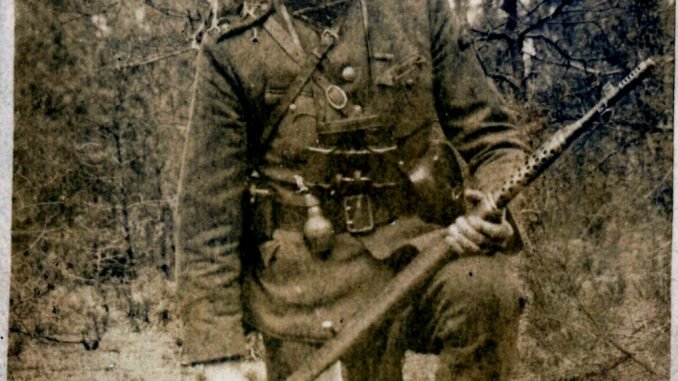
“Although the defendant denied his direct complicity in genocide, i.e., he denied having taken any part in the operation specified in the indictment, evidence in the case suggests that he was part of the operation and helped other members of the Soviet administration,” the court said in a press release.
Following the 1956 detention, which involved the 84-year-old convict, Ramanauskas-Vanagas was kept in a KGB prison in Vilnius. For about a year, he was subjected to physical and psychological torture before he was shot to death the following year.
Prosecutors wanted Drelingas sentenced to seven years in prison. By sentencing him to a shorter jail term, the court took into consideration the long duration of legal proceedings, Drelingas’ poor health and his secondary role in the crime.
The verdict is yet to be enforced and is yet subject to appeals.
Around 50,000 Lithuanians, called “forest brothers“, took part in the anti-Soviet resistance movement in post-war Lithuania.
Over 21,000 participants of resistance efforts and their family members and supporters were killed after the war, during the rule of Soviet dictator Josif Stalin.
Last year, Lithuania’s the Constitutional Court concluded that courts may qualify deportations and repressions carried out by the Soviets during the guerrilla war as genocide, given that they prove that the crimes were aimed at annihilating a significant part of the Lithuanian nation. In case of Soviet-era social and political massacres, perpetrators cannot be found guilty of genocide but courts must establish whether the crimes were not crimes against humanity.

Be the first to comment